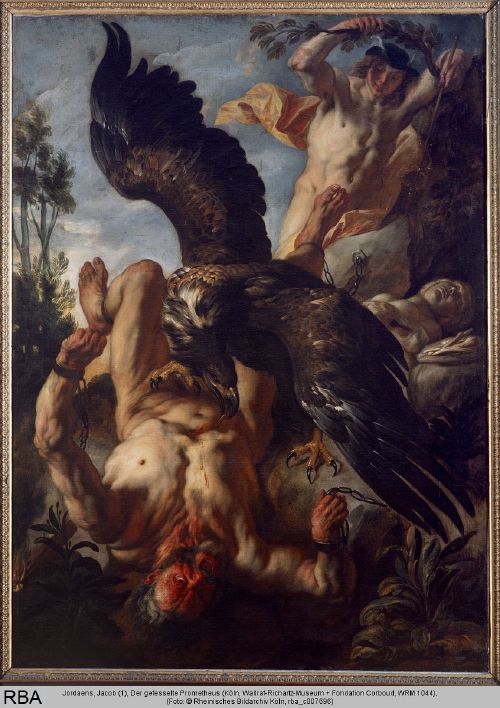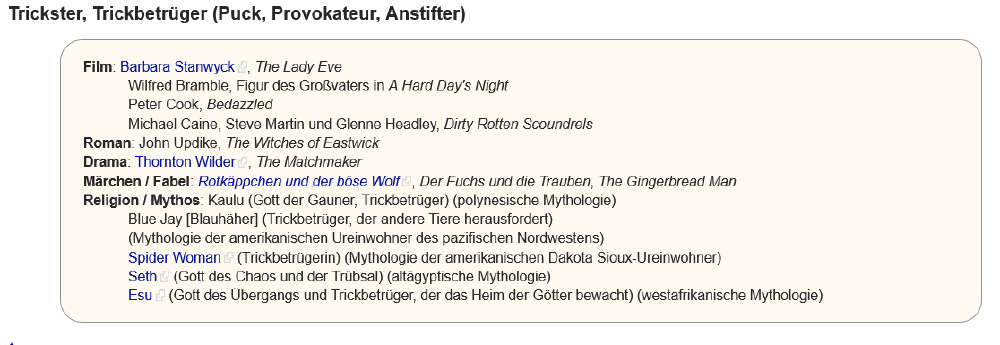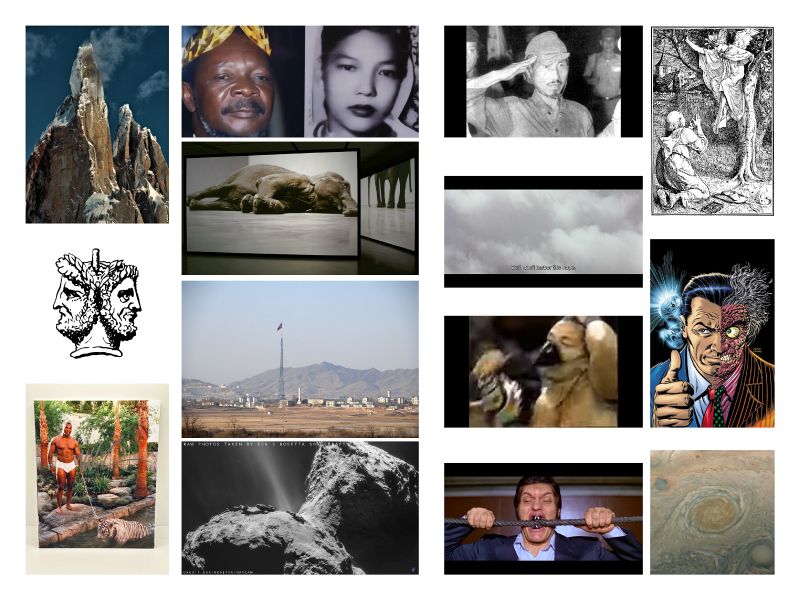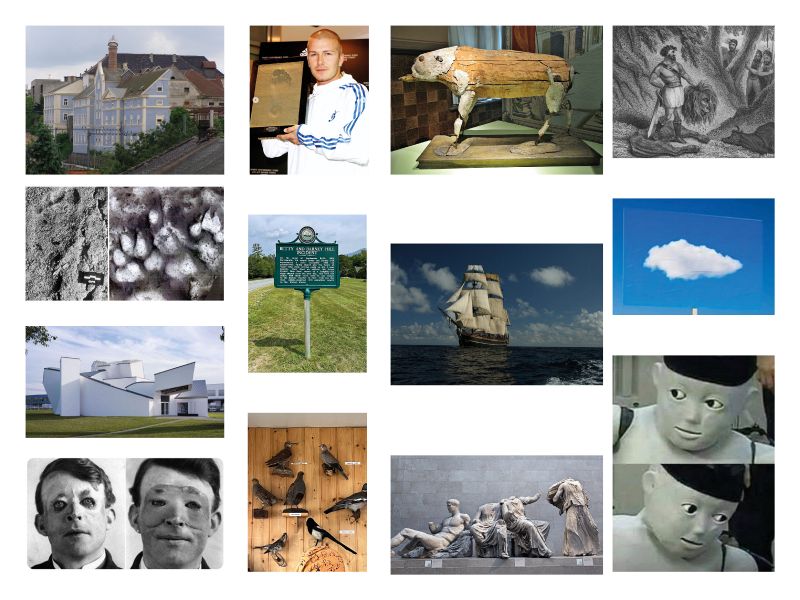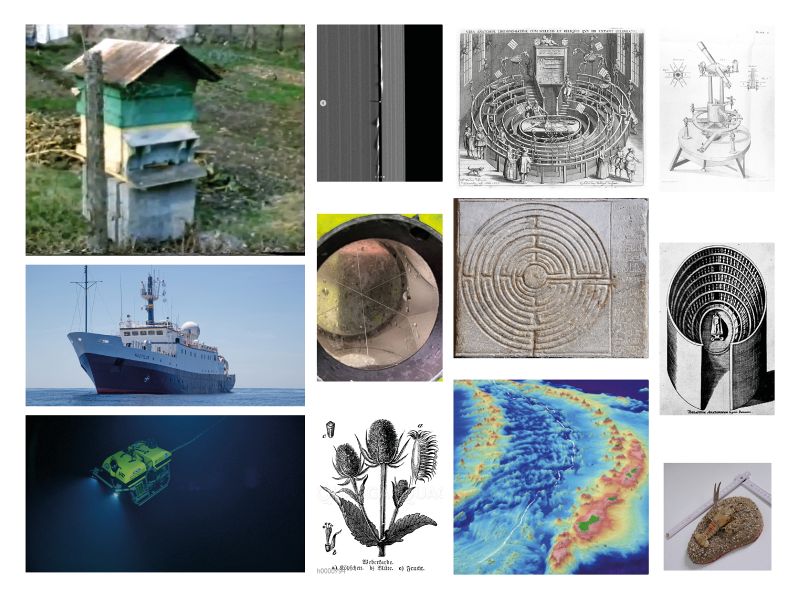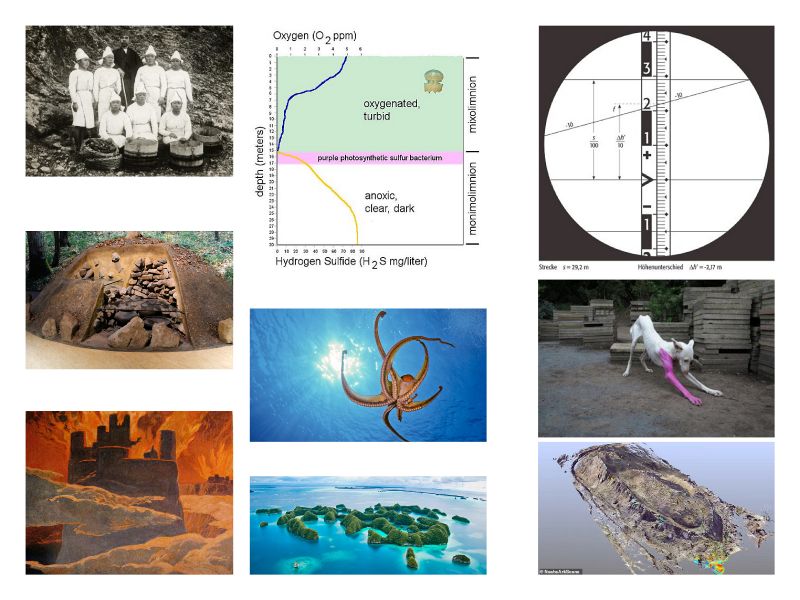The Master Thief
A poor cottager has nothing to give his three sons, so he walks with them to a crossroad, where each son takes a different road.
The youngest goes into a great woods, and when a storm strikes, he seeks shelter in a house. An old woman nearby warns him that the house is a den of robbers, but he stays anyway. When the robbers arrive, he persuades them to take him on as a servant.
The robbers tell the boy to prove himself by stealing an ox that a man is bringing to market. The boy puts a shoe with a silver buckle in the road. When the man sees it, he thinks it would be good if only he had the other, and he continues on. The boy takes the shoe, runs through the countryside, and puts it in the road again. The man, when he comes across the shoe a second time, leaves his ox to go back and find the other, and the son drives the ox off.
The man goes to get his second ox to sell. The robbers tell the boy that if he steals that one as well, they will take him into the band. The boy hangs himself up along the path, and the man passes him. The boy runs ahead and hangs himself again and then a third time, until the man is half-convinced that it is witchcraft, and when he goes back to see if the first two bodies are still hanging, the son drives off his second ox.
The man gets his third and last ox, and the robbers say that they will make the boy the band's leader if he steals it. The son makes a sound like an ox bellowing in the woods, and the man, thinking it was his stolen oxen, runs off, leaving the third behind, the son steals that one as well.
The robbers are not pleased with the boy leading the band, so they leave him. The boy drives the oxen out so they return to their owner, takes all the treasure in the house, and returns to his father.
The boy wants to marry the daughter of a local squire, so he sends his father to ask for her hand, telling him to inform the squire that he is a Master Thief. The squire agrees to the union, but only if the boy proves himself by stealing the roast from the spit on Sunday. The boy catches three hares and releases them at intervals near the squire's kitchen, and the people there, thinking it was one hare, go out to catch it. The boy enters and steals the roast.
When the Master Thief comes to claim his reward, the squire asks him to prove his skill further by playing a trick on the priest. The Master Thief dresses up as an angel and convinces the priest that he has come to take him to heaven. He drags the priest over stones and thorns and throws him into the goose-house, telling him it is purgatory, and then steals all his treasure.
The squire is pleased, but still denies the boy, telling him to steal twelve horses from his stable with twelve grooms in their saddles. The Master Thief disguises himself as an old woman and takes shelter in the stable. When the night grows cold, he drinks brandy against it. The grooms demand some, and he gives them a drugged drink, putting them to sleep, and steals the horses.
The squire denies the boy again, asking if he could steal a horse while the squire is out riding it. The Master Thief says he can. He disguises himself as an old man with a cask of mead and puts his finger in the hole in place of the tap. The squire rides up and asks the disguised boy if he would look in the woods to be sure that the Master Thief did not lurk there. The boy says that he cannot because he has to keep the mead from spilling. The squire takes his place and lends him his horse so he can look, and the boy steals the horse.
The squire denies him once more, asking if he could steal the sheet off his bed and his wife's shift. The Master Thief makes a dummy with the appearance of a man, and when he puts it at the window, the squire shoots it, and the boy lets it drop. Fearing talk, the squire goes to bury it, and the Master Thief, pretending to be the squire, acquires the sheet and the shift on the pretext that they are needed to clean up the blood.
The squire is too afraid of what the thief will steal next, so he lets him marry his daughter.
They (the humans) went to Jupiter (Zeus) and complained to him about their benefactor. When the father of the gods and the other gods found out about the theft, they were not angry at all, but were even delighted with what had happened. They not only gave the humans the fire, but also gave them another gift: eternal youth. Overjoyed, the people loaded this gift onto the back of a donkey, which set off on its journey home. On the way, the donkey suffered from great thirst. He came to a spring, but it was guarded by a snake, which only allowed him to drink on condition that he gave it what he was carrying on his back. The poor donkey agreed, and so the humans lost their eternal youth. - Bacon saw the Prometheus myth as a symbolic representation of the human condition. He interpreted Jupiter's accusation against the Firebringer as a justified human complaint about the inadequacy of previous scientific knowledge, which was in need of improvement. This shows human dissatisfaction with what has already been achieved, the rejection of stagnation and the constant striving for new inventions. This will to progress pleased Jupiter and prompted him to make the further gift, as such an attitude was worth rewarding. For Bacon, the donkey as a sluggish animal symbolizes the slowness of scientific progress based on mere empirical knowledge without theoretical insight. Humans had made the mistake of loading the gift of the gods onto a cumbersome, dull beast of burden.
One of the oldest elements of the saga is the significance of fire theft as the beginning of civilization. The aspect of civilization was elaborated in the course of development and became more important within the mythical tradition; the mere thief became a man of knowledge and enlightenment. The creation of man was added as a more recent special motif. The role of the protagonist became considerably more important as the myth was expanded.
In many parts of the world, tales have arisen according to which the human use of fire began with theft or fraud: Fire was stolen from a deity or purloined from the heavens or a fairyland, or knowledge of its creation was obtained by tricking the original owner. The theft is often described as the act of a legendary hero, a cunning cultural hero of the trickster type. The background to such tales is the assumption of an antagonistic relationship between gods and humans. The humans came into possession of the precious commodity not through the favor of the original divine owner of the fire, but through the daring of a cunning helper.
______________________________________________________________________________________________________________________________________
This Image Selection touches on the idea of truth, collective memorie and object oriented visualization methods in an image based world. It is a contiuation of previous works, that ask questions of the displayability of images, object memory and shared interpersonal narratives such as folklore, family matters and concepts like history is written by the victors.
References:
https://www.simon-lehner.com/projects/i-love-you-like-an-image/
https://www.pinaultcollection.com/palazzograssi/en/pierre-huyghe-liminal
